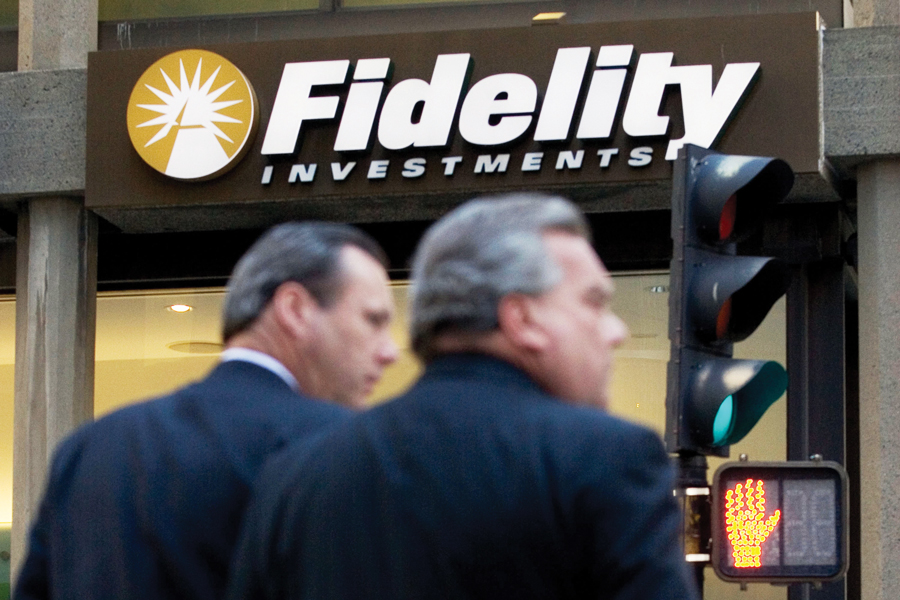Fidelity Investments will no longer serve as a fiduciary when it helps employers select investments for their 401(k) plans, moving away from a policy the firm adopted last year in response to the Department of Labor's fiduciary rule.
Fidelity, the largest record keeper of defined-contribution plans, began offering these
"point in time" investment fiduciary services to plans with less than $50 million when the DOL regulation took effect in June 2017. Fidelity helped plan sponsors as a fiduciary at a particular moment in time through a one-time investment recommendation; it didn't provide ongoing fiduciary advice.
However, the U.S. 5th Circuit Court of Appeals struck down the DOL fiduciary rule in March. The Obama-era regulation was
officially taken off the books in June, leading Fidelity to change its policy, which
had been unique among other providers.
"Without the DOL rule, Fidelity will continue to provide point-in-time investment assistance to plan sponsors as a non-fiduciary under ERISA," said spokeswoman Nicole Goodnow, referring to the Employee Retirement Income Security Act of 1974. "This is the same capacity in which Fidelity provided investment assistance to plan sponsors before the DOL rule took effect in June 2017."
The fiduciary rule, which raised investment advice standards in retirement accounts, changed the calculus for the many record keepers providing investment help to plan sponsors. Many times, that help came in the form of a proposed lineup of 401(k) investments, observers said. If providers had continued interacting with clients in the same way, the DOL regulation would likely have turned their previously non-fiduciary function into a fiduciary one, exposing them to more liability.
Fidelity was the only record keeper that said it would adapt by providing services as a fiduciary under the new regime, according to retirement plan advisers. This service, which Fidelity offered at no additional cost, concerned advisers who also offered fiduciary investment services and thought Fidelity
was competing with them.
However, given the DOL rule's fate, the level of investment guidance is again considered non-fiduciary under ERISA, and Fidelity has distanced itself from the "fiduciary" label as a result.
"It doesn't surprise me they're backing away from it," said Chad Larsen, president and chief executive of advisory firm MRP. "If they don't have to say that's a fiduciary function, why would they?"
Ellen Lander, a retirement plan adviser at Renaissance Benefit Advisors Group, said the DOL regulation going away is the "best-case scenario" for service providers, who can revert to their prior way of doing business. She expects that Fidelity's pivot away from its prior policy will be a bellwether for other 401(k) providers.







